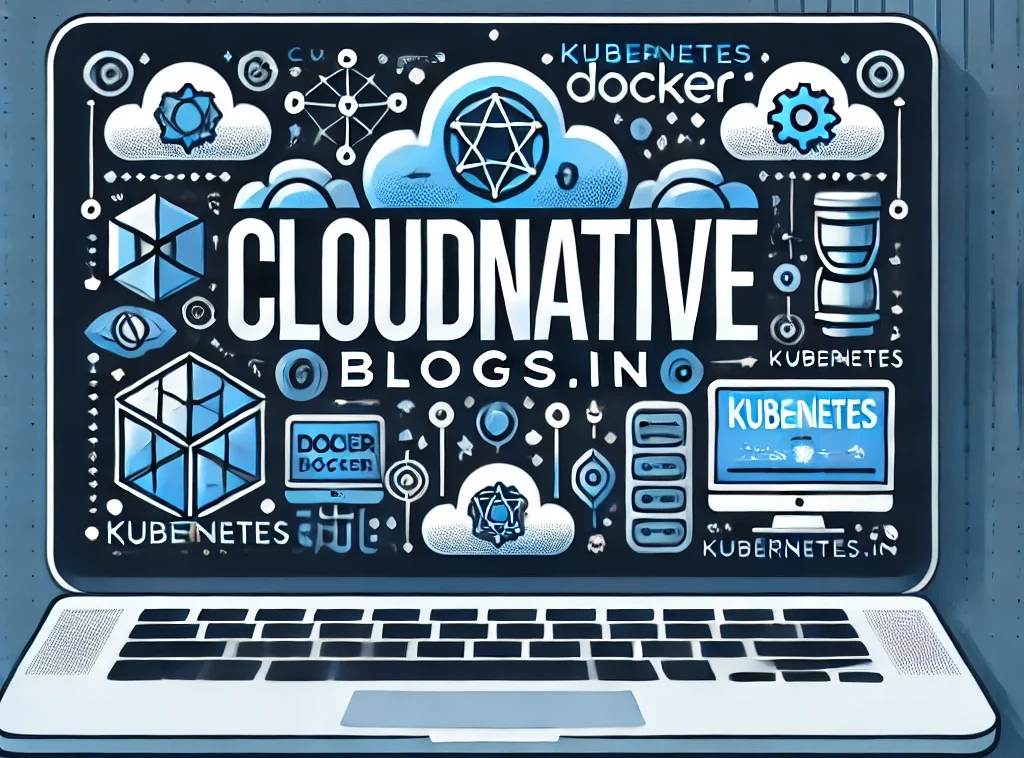From smart refrigerators to airline seats, countless everyday gadgets quietly rely on Unix‑like kernels, shaping modern life unseen behind us.
Setting Up Virtual Machines on Linux: Common Mistakes to Avoid
When setting up virtual machines on Linux, several common mistakes can occur, including insufficient resource allocation, incorrect network configuration, and incompatible hardware virtualization.
Kernel Thrashing in Linux: A Hidden Performance Killer in Large-Scale Distributed Applications
This article explores why kernel thrashing is common in Linux, especially for large-scale distributed applications, and what system architects, DevOps engineers, and developers can do to mitigate it.
The Evolution of Linux System Administration in the Age of Cloud Computing and Containerization
Discover how cloud computing and containerization are transforming Linux system administration, reshaping roles and responsibilities while emphasizing the need for modern skills in today’s software development landscape.
Is MDM Effective in Linux-Based Systems?
MDM in Linux-based systems can be highly effective with the right strategies and tools. Linux’s flexibility, scalability, and security make it ideal for MDM, but challenges like fragmentation and customization must be addressed.
Data Encryption Practices: Comparing Linux, Windows, and macOS
Data encryption on Linux, Windows, and macOS offers unique strengths, from Linux’s flexibility and customization to the ease of use in Windows and macOS. This guide explores how each OS secures data through encryption.
Understanding the Linux Filesystem, Root File System, and EXT File System
Explore the backbone of Linux: the filesystem, root filesystem, and ext filesystem. Understand their crucial roles and interactions for optimal system performance and reliability in Linux environments.
Exploring the Best Lightweight Desktop Environments for Ubuntu and Other Popular Linux Distributions
Explore the top lightweight desktop environments for Linux, perfect for enhancing performance on older hardware or minimal setups. Choose from XFCE, LXDE, MATE, LXQt, and Enlightenment based on your needs.
The Advantages and Disadvantages of EXT4 vs. EXT3 in Linux Systems
Choosing between EXT4 and EXT3 in Linux systems depends on needs for performance, compatibility, and data handling. EXT4 offers significant improvements in speed and capacity, ideal for modern, high-demand environments.
Exploring Free Alternatives to VMware Workstation for System Testing on Linux
Explore top free alternatives to VMware Workstation for Linux: VirtualBox, QEMU, KVM, GNOME Boxes, and Proxmox VE, each offering unique features for efficient system testing.
Which Operating System Offers Better Hardware Compatibility: Windows or Linux?
Windows generally offers superior hardware compatibility for personal computing, while Linux allows more customization for specialized hardware setups.
Comparative Analysis of macOS, GNU/Linux, FreeBSD, and Oracle Solaris: Features, Design, and Use Cases
macOS, GNU/Linux, FreeBSD, and Oracle Solaris each offer distinct features and strengths. macOS is known for its user-friendly interface and integration within Apple’s ecosystem, GNU/Linux provides flexibility and customization, FreeBSD excels in performance and reliability, and Oracle Solaris focuses on enterprise scalability and advanced features. Each operating system caters to different needs and use cases, making it essential to choose based on specific requirements.
100 Linux Commands for Every Day Use
This cheat sheet covers a broad range of everyday Linux commands, providing a useful reference for navigating and managing a Linux system effectively.
Lightweight Linux Distributions
An introduction to lightweight linux distros

